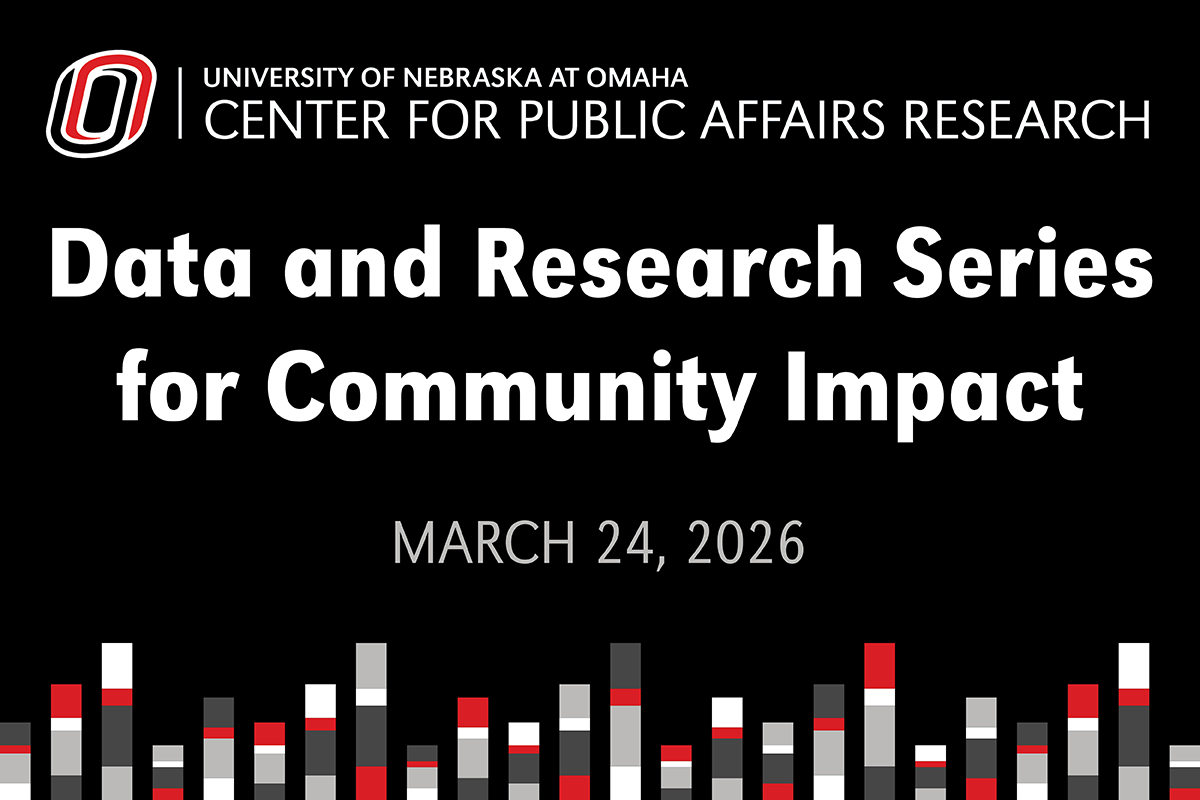
The 37th Annual CPAR Data and Research Series for Community Impact is perfect for anyone looking to use data to drive change in our communities — whether you're a seasoned pro or just getting started.
Creating a Local Data Infrastructure
Tuesday, March 24, 2026 | 9 A.M.-12 P.M. | In-person and Virtual (Zoom Webinar)
In-person location will be the University of Nebraska at Omaha Dodge Campus and is limited to 90 attendees. (Exact location will be emailed to you after completing registration.)
The 2025 Data and Research Series for Community Impact explored growing challenges facing federal data sources, including threats to data quality, access, and long-term sustainability. In the first session of 2026, we build on this conversation by shifting the focus to local data — data collected at the state, regional, or community level to support local decision-making — and exploring where gaps exist and what it will take to strengthen local data capacity.
9-9:05 A.M. – Welcome
- Morgan Vogel, Ph.D., Assistant Director, University of Nebraska at Omaha Center for Public Affairs Research
9:05-9:45 A.M. – What’s New from the U.S. Census Bureau: Key Data Updates for Nebraskans
Following delays caused by the federal government shutdown in fall 2025, several major U.S. Census Bureau data products are now available, including the 2025 Vintage Population Estimates and the 2024 American Community Survey 5-year Estimates. This session provides a comprehensive update on what’s new across demographics, the economy, housing, and social characteristics, and what these data mean for communities and organizations.
- Josie Gatti Schafer, Ph.D., Director, University of Nebraska at Omaha Center for Public Affairs Research
9:45-10:45 A.M. – Building and Sharing Local Data
This panel brings together experts in the development and dissemination of local data. Learn how they identify local data needs, design systems for data collection and analysis, and ensure information is accessible and useful for community stakeholders.
- Mallory Bateman, M.Sc., Director of Demographic Research, Kem C. Gardner Policy Institute at The University of Utah
- Scott Hunzeker, Research Administrator, Nebraska Department of Labor
- Moderator: Josie Gatti Schafer, Ph.D., Director, University of Nebraska at Omaha Center for Public Affairs Research
10:45-11 A.M. – Break
11 A.M.-12 P.M. – Local Data Needs Across Nebraska
This panel of leaders from across Nebraska will reflect on the most pressing local data needs in the state. The discussion will explore why these data matter, how gaps limit decision-making, and what communities, policymakers, and organizations could do with stronger local data infrastructure.
- Teliza V. Rodriguez, Creative District Coordinator, Nebraska Arts Council
- Kellie Johnston Dorsey, AICP, Deputy Planning Director, Housing and Community Development, City of Omaha Planning Department
- Dena Beck, M.S., Central Regional Navigator, 6 Regions One Nebraska
- Moderator: Josie Gatti Schafer, Ph.D., Director, University of Nebraska at Omaha Center for Public Affairs Research
12 P.M. – Closing Remarks
Note: The University of Nebraska at Omaha will be taking photos/video at this event for use in advertising and other promotional materials, whether in print, electronic, or other media.
Registration
Cost = $80 per person
Deadline to register is Friday, March 20, 2026.
Note: Registration is non-refundable because you will receive access to the recording and presentation materials.
Presenters
| Presenter Photo | Presenter Name, Title, Place of Work | Presenter Biography |
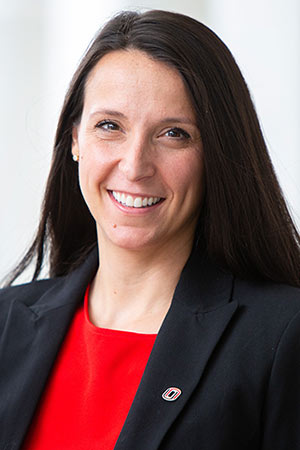 |
Josie Gatti Schafer, Ph.D. Director University of Nebraska at Omaha Center for Public Affairs Research |
Schafer joined UNO’s College of Public Affairs and Community Service as the director of the Center for Public Affairs Research in 2018 because of their national reputation for public scholarship on public policy topics in their community, state, and region. She manages a stellar team with a current portfolio of projects totaling over $1 million per year. Her personal, project portfolio ranges with several smaller engaged research projects working collaboratively with a community partner as well as some high-profile research like CPAR's work with the Planning Committee of the Nebraska State Legislature. Recent grants and projects led by Schafer include research and analysis as part of the “6 Regions, One Nebraska” initiative; review of demographics, workforce, and housing in Omaha neighborhoods; collaboration with UNMC to analyze the status and future of the healthcare workforce; fellowship from the Philadelphia Federal Reserve Bank and Coalition of Urban and Metropolitan Institutions to study the economic impact of anchor institutions; and a grant from the Ewing Marion Kauffman Foundation to study inclusive entrepreneurship. |
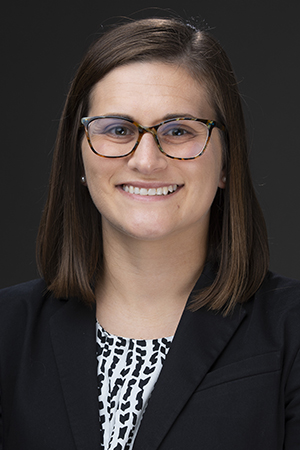 |
Morgan Vogel, Ph.D. Assistant Director University of Nebraska at Omaha Center for Public Affairs Research |
Vogel believes wholeheartedly in CPAR's mission to produce and disseminate high-quality public scholarship that impacts the lives of Nebraskans. She joined the CPAR team in January 2021 as a research associate because she wanted to bridge her academic research skills and passion for community engagement. Vogel was promoted to assistant director in January 2025. She works closely with CPAR’s director to develop and conduct research projects for a variety of community partners. She also enjoys working with a stellar group of graduate student research assistants in CPAR and encouraging their interests in applied research. |
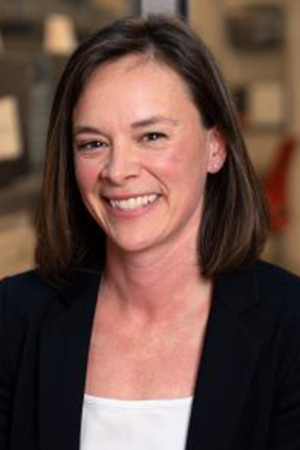 |
Mallory Bateman, M.Sc. Director of Demographic Research Kem C. Gardner Policy Institute at The University of Utah |
Bateman is the director of demographic research at the Kem C. Gardner Policy Institute at The University of Utah. Mallory uses her expertise in Census Bureau data and products to share insights with diverse public, private, and media audiences. She has a bachelor’s degree in urban planning from the University of Utah and a master’s degree in social policy and planning from the London School of Economics. |
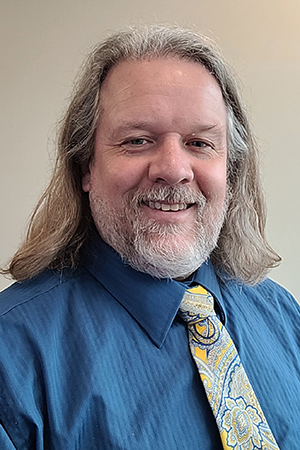 |
Scott Hunzeker Research Administrator Nebraska Department of Labor |
Hunzeker is a seasoned labor market research professional with over 25 years of experience analyzing employment, wage, and industry trends. He leads the Nebraska’s Labor Market Information division, overseeing federal–state statistical programs and producing local data and publications that guide policymakers, businesses, educators, and the public. Scott has been involved in multiple national organizations dedicated to improving and modernizing labor market information systems and data. |
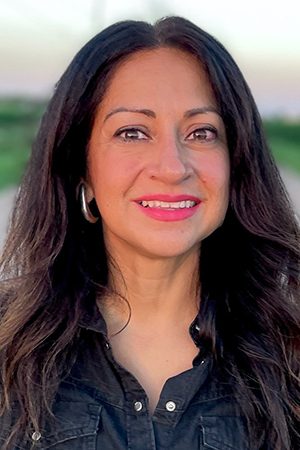 |
Teliza V. Rodriguez Creative District Coordinator Nebraska Arts Council |
Rodriguez is a curator, arts administrator, and artist advocate with more than 25 years of experience in the Midwest arts community. Raised in a small Nebraska town, she brings a deep understanding of rural values and the transformative power of the arts. She specializes in artist relations, project planning, and community development, with a mission to bridge art and economic development in communities both urban and rural. From 2005 to 2020 she served as curator at the Museum of Nebraska Art, organizing more than 250 exhibitions. She later coached and connected entrepreneurs and communities through Rural Prosperity Nebraska at the University of Nebraska–Lincoln. Today, Rodriguez serves as creative district coordinator for the Nebraska Arts Council, leading data collection efforts to produce legislative reports that secure continued funding for Nebraska's growing Creative Districts program. |
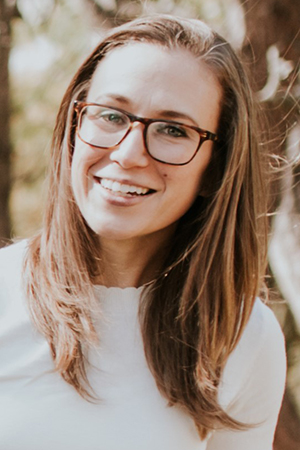 |
Kellie Johnston Dorsey, AICP Deputy Planning Director Housing and Community Development, City of Omaha Planning Department |
Johnston Dorsey is a deputy director in the City of Omaha’s Planning Department. She oversees the Housing and Community Development Division, which efficiently and effectively deploys over $100 million in federal grant funds. Previously, Johnston Dorsey worked for the City of Kansas City, Missouri, for 11 years creating and implementing community development plans. She earned her master’s degree from Kansas State University, bachelor’s degree from Iowa State University, and is a member of the American Institute of Certified Planners. |
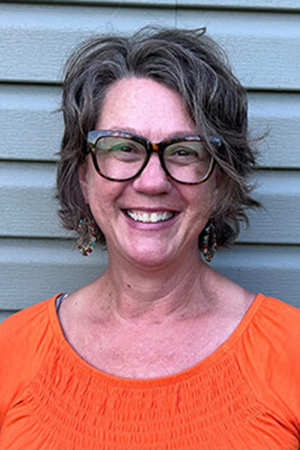 |
Dena Beck, M.S. Central Regional Navigator 6 Regions One Nebraska |
Beck is a returner to her hometown of Minden, Nebraska, and has a 25-year background in regional community and economic development including lending, philanthropy, chamber, and one-one-one technical assistance. She earned her bachelor’s degree in horticultural therapy from Kansas State University, a master’s degree in organizational management with minors in entrepreneurship and economic development from Peru State College, holds a Certificate in Community Development Finance from the University of New Hampshire’s Carsey School of Public Policy, and is certified in mediation and conflict resolution from the Lombard Mennonite Peace Center. Beck is working with the Central Region’s 25 counties to leverage the assets and economic resources to create tailored, data-driven action plans for regional benefit in the areas of housing, workforce, and childcare. Dena and her spouse, David, live on the Beck Ranchette, 20 acres North of Minden and have two grown daughters, a Great Pyrenees, and two Irish Wolfhounds. |
Questions? Contact unocpar@unomaha.edu or 402.554.7533.
UNO is an AA/EEO/ADA institution. For Title IX concerns, please contact the Title IX Coordinator (phone:402.554.2120). For ADA/504 accommodations or assistance, please call/contact the ADA/504 Coordinator (phone 402.554.2463) or the Accessibility Services Center (phone: 402.554.2872).